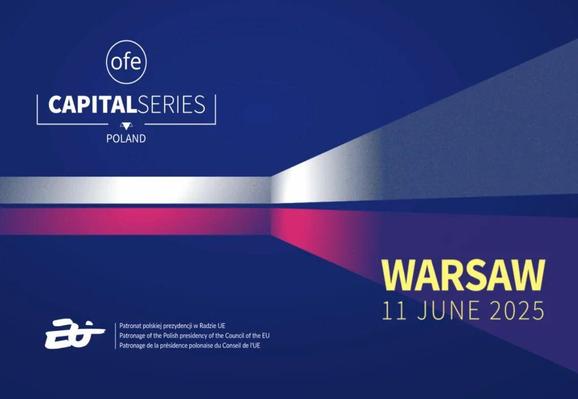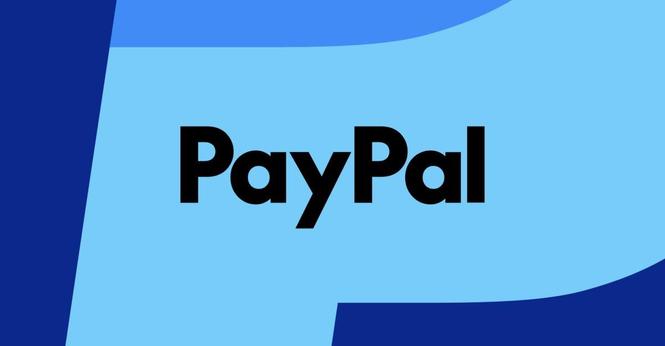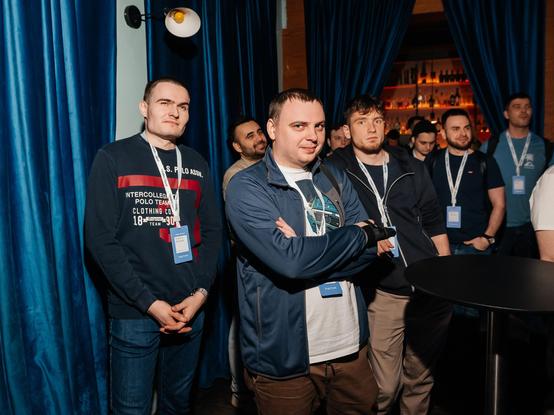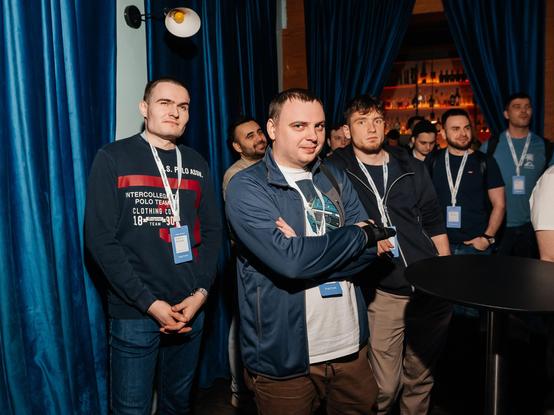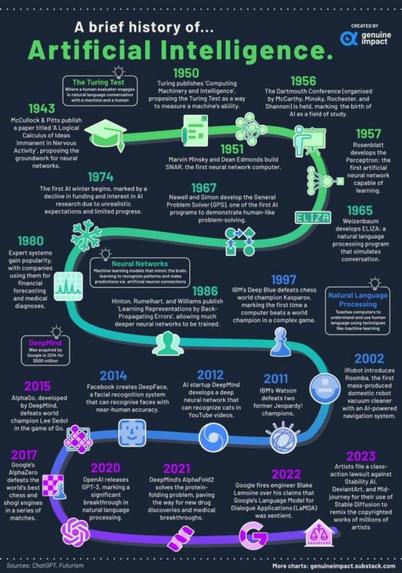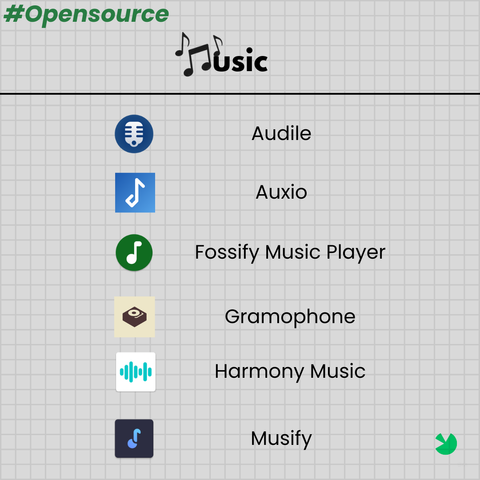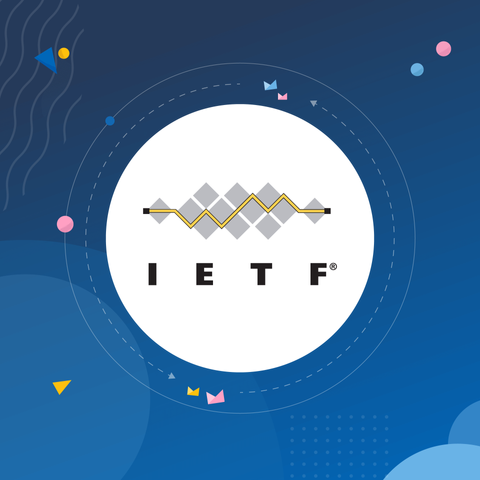In part, the current challenges faced by the #openweb and grassroots reboot movements can be traced back to two cultural and structural problems: the influence of #fashernistas and the deeply ingrained #geekproblem. Both of these contribute to active blocking of meaningful change, hindering the progress needed for an openweb reboot. To walk this “native” landscape effectively, it’s needed to understand these barriers and how they block change and challenge.
The fashernistas and their echo chambers, the term refers to a subset of people who are highly engaged in performative discussions, centred on trending topics and social posturing without substantive engagement in grassroots real world problem-solving. While they are adept at identifying and amplifying transient issues, their conversations stay within insular bubbles. This creates a cycle where attention and focus are pulled toward repetitive discourse that never leads to any outcomes.
This taking up space with little and most often no follow-through is detrimental. Fashernistas thrive in spaces where the appearance of awareness is valued over the hard, real, messy action that is needed. In this #manstraming bubble, dialogue is focused on social capital—who knows what, who said what—rather than collaborative problem-solving. The result? The conversation around the openweb becomes cluttered, attention splinters, and meaningful action is overshadowed by a constant churn of noise.
The role of #fahernistas in blocking change is their ability to dominate platforms and narratives. This domination becomes active blocking when their presence leaves little room for discussions rooted in genuine collaboration and open progress. They inadvertently (or sometimes deliberately) creates environments where the needed ideas and radical challenges to the status quo struggle to gain traction, let along attention. If the openweb is to flourish, this culture of self-referential chatter needs to be mediated.
https://hamishcampbell.com/what-can-we-do-with-our-fashernistas/
The #geekproblem is a different barrier, which is the cultural divide within tech communities that leans heavily toward deterministic, technical solutions at the expense of accessible, inclusive approaches. The geekproblem manifests when developers and technologists become gatekeepers, framing issues in ways that reinforce their control, preserving existing narrow structures rather than opening them up for collective problem-solving.
For example, in the #openweb and #fediverse projects, the drive for good #UX runs parallel to an implicit exclusivity of bad UX dressed in “privacy”, “security”, “safety” etc. Technical jargon, complex onboarding processes, and a lack of user-friendly interfaces are a barrier to entry and community building. This exclusivity prevents the broader range of participants from engaging meaningfully, turning potentially revolutionary spaces into “specialized” silos, that reinforce this very #blindness.
#fashernistas and #geekproblem interact and often work in unintentional tandem. While the former distracts and fractures attention with endless (pointless, narrow and repeating) discourse, the latter locks down practical pathways for change through gatekeeping and technological insularity. The result is a failing “native” path, where critical mass, and the needed community, fails to grow—one part is too busy talking, and the other is too busy coding in isolation. The broader culture of the #openweb suffers as a consequence, making the needed change far more difficult to achieve than it needs to be.
The solution lies in finding a balance that mediates between the superficiality of fashernistas and the closed nature of the geekproblem. This involves, promoting diverse voices, so that the #openweb aren’t monopolized by any tiny group. Building bridges between projects and communities, to facilitate communication between technical experts and those involved in creating actionable steps that align with #4opens paths we need to take. Developing a culture that values tangible outcomes and collaborative input over performative dialogue and gatekeeping. Amplifying onboarding, by making entry points into #opentech accessible, so people outside traditional tech ghettoes can contribute meaningfully.
https://hamishcampbell.com/the-geekproblem-might-kill-meany-of-us/
The path we need for the openweb, is more than only technological solutions; it needs a culture shift. Both fashernistas and those contributing to the geekproblem need to recognize their roles and adjust their approaches, for the #openweb to thrive. The has been to meany years of pratish behaver in the paths we need, it’s pastime for #KISS focus. The current moment presents a fresh opportunity for change. With the fediverse and platforms like mastodon growing exponentially, there is a path to free the native spirit of the internet as a collaborative, #openspace with trust, transparency, and action as core motivators. Let’s try and make this work, and not squandered it by letting the voices of the few block the work we need to do.
Ideas please?
https://hamishcampbell.com/the-fahernistas-and-geekproblem-interact-to-work-in-unintentional-tandem/
#4opens #blindness #fahernistas #fashernistas #fediverse #geekproblem #KISS #manstraming #openspace #opentech #openweb #UX
